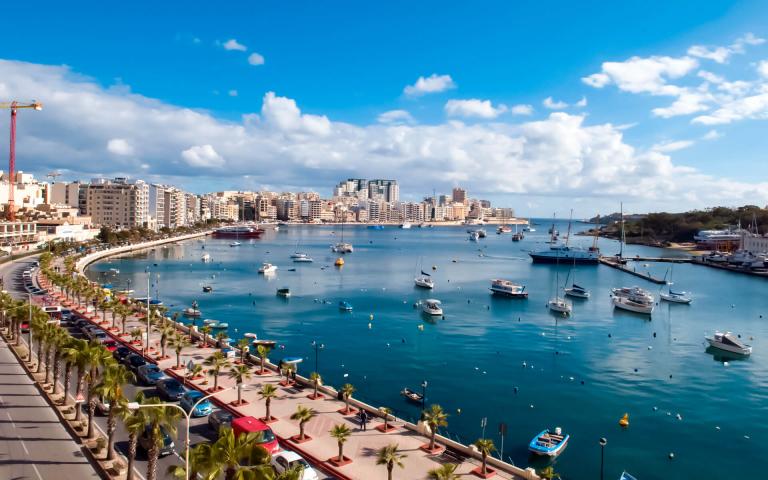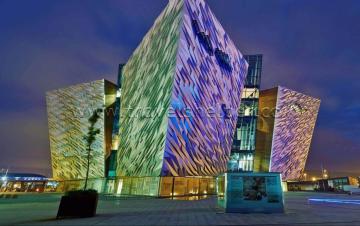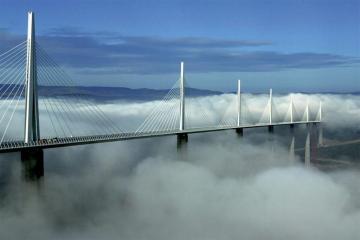Boat travel—especially on a cruise—offers a distinctive and all-inclusive vacation. Still, there are benefits and drawbacks to take into account, much as with any kind…


Sliema, a dynamic town located on Malta’s northeast coast, exemplifies the island’s transformation from a tranquil fishing village to a thriving metropolitan hub. The name, originating from the Maltese term for “peace” or “comfort,” contrasts with the vibrant energy that currently permeates its streets, rendering it one of the most densely populated regions in Malta. Located in the Northern Harbour District, Sliema has emerged as a central hub for residents and visitors, presenting a distinctive combination of residential appeal and commercial vibrancy.
The metamorphosis of Sliema commenced in 1853 with a notable increase in its population. This expansion reached its zenith in 1878 when Sliema was formally designated as a parish, signifying its establishment as a separate community. Sliema has evolved from modest origins into a town that, alongside St. Julian’s, is Malta’s principal seaside resort region. This swift advancement has transformed both the physical environment of Sliema and its cultural and economic structure.
A distinctive characteristic of Sliema is its scenic shoreline, prominently featuring the famous Sliema Front. This promenade has become essential to local life, functioning as a favored locale for joggers, walkers, and individuals wishing to relish the Mediterranean breeze. In the summer months, the Sliema Front becomes a lively social center, where residents congregate to evade the heat and relish each other’s presence. The promenade provides breathtaking vistas of Marsamxett Harbour towards Valletta, Malta’s capital, establishing a visual link between Sliema’s contemporary growth and Valletta’s historical magnificence.
The Sliema shoreline serves not only as a venue for peaceful walks but also features various rocky beaches that draw sunbathers and water sports aficionados. The natural attributes have been enhanced by the establishment of hotels and recreational amenities, serving the expanding tourism sector. The Strand, a notable area in Sliema, has been renowned as an optimal location for observing the magnificent fireworks displays that illuminate the sky during the festive month of August, enhancing the town’s allure as a summer destination.
Sliema’s growth has rendered it an increasingly sought-after residential locale, appealing to both residents and expatriates. The town’s property market demonstrates its appeal, with prices significantly exceeding the national average. The real estate landscape of Sliema reflects its evolution. Sliema’s skyline, once defined by magnificent villas and traditional Maltese townhouses reflecting the island’s architectural heritage, is now dominated by modern apartment complexes. Certain monuments are among the tallest edifices in Malta, significantly transforming the town’s aesthetic and providing inhabitants with sweeping vistas of the Mediterranean Sea.
Nonetheless, this swift urbanization has encountered numerous challenges. The surge of people and enterprises has resulted in considerable problems with traffic congestion and parking shortages. The continuous construction of new developments has generated noise pollution, contrasting with the tranquility and comfort suggested by the town’s name. The challenges of growth reflect Sliema’s popularity and the continual struggle between development and quality of life encountered by many expanding urban communities.
The cultural character of Sliema is as dynamic as its geographical landscape. Historically, Sliema citizens, referred to as Slimiżi, were stereotypically characterized by a fondness for English as their primary language, distinguishing them within a mostly Maltese-speaking country. This language peculiarity reflects Sliema’s historical status as a preferred residential locale for British expatriates during Malta’s colonial period under British rule. Nonetheless, similar to several facets of Sliema, this is also undergoing transformation. The 21st century has introduced demographic changes that are progressively transforming the linguistic landscape, as a more diversified population enriches the array of languages and cultures.
Currently, Sliema exemplifies Malta’s extensive evolution into a contemporary, multicultural community. The streets are adorned with a vast array of local boutiques, global retail chains, cafes, and restaurants, serving a varied audience. The village has evolved into a commercial center, drawing shoppers and restaurants from throughout the island and beyond. The business vitality, coupled with its residential attractiveness, has solidified Sliema’s position as a principal economic catalyst for Malta.
The contrast between the old and the contemporary is particularly pronounced in Sliema’s architectural environment. Despite the prevalence of contemporary residences and hotels, remnants of old Maltese architecture persist, providing insights into the town’s history. This amalgamation of forms fosters a distinctive urban milieu that perpetually adapts, mirroring the evolving demands and preferences of its inhabitants and guests.
Currency
Founded
Calling code
Population
Area
Official language
Elevation
Time zone
Malta, an island nation in Southern Europe situated in the Mediterranean Sea, has a population of approximately 542,000 in an area of 316 square kilometers. Officially the Republic of Malta, it comprises an archipelago 80 kilometers south of Italy, 284…
Saint Julian's, referred to as San Ġiljan in Maltese, is a lively coastal town situated on the eastern shores of Malta. With its special mix of Mediterranean appeal and modern…
Valletta, the capital of Malta, is located between the Grand Harbour to the east and Marsamxett Harbour to the west, with a population of 5,157 as of 2021. Valletta, the…
Boat travel—especially on a cruise—offers a distinctive and all-inclusive vacation. Still, there are benefits and drawbacks to take into account, much as with any kind…

Home France is recognized for its significant cultural heritage, exceptional cuisine, and attractive landscapes, making it the most visited country in the world. From seeing…

From Rio's samba spectacle to Venice's masked elegance, explore 10 unique festivals that showcase human creativity, cultural diversity, and the universal spirit of celebration. Uncover…

While many of Europe's magnificent cities remain eclipsed by their more well-known counterparts, it is a treasure store of enchanted towns. From the artistic appeal…

The 7 Wonders of the 21st Century feature amazing successes redefining human creativity and engineering capability. From the calm Temple of Buddha's Origin in Leshan,…

© All Rights Reserved. By Travel S Helper